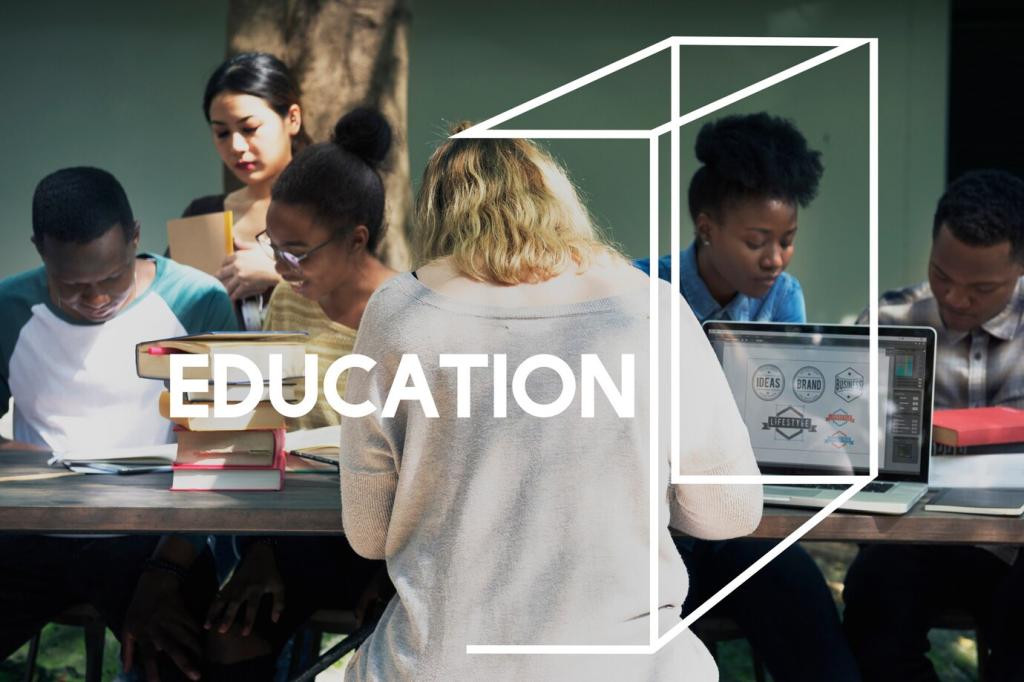From Bench to Brain: Lab-grounded Learning
Start entries with a hypothesis, explicit controls, and predicted outcomes. During an LDH assay, I sketched expected NADH absorbance decay before pipetting; mismatched data then taught me where the buffer failed. Share one prediction in your next entry.
From Bench to Brain: Lab-grounded Learning
Treat Michaelis–Menten plots as stories. Controls reveal noise; replicates reveal consistency; Lineweaver–Burk pitfalls reveal fitting wisdom. Post a puzzling kinetics graph, and we’ll help interpret substrate inhibition, cooperativity, or experimental drift.
From Bench to Brain: Lab-grounded Learning
After each experiment, write a three-part reflection: what worked, what broke, and what you’ll change. This habit compounds learning faster than extra hours. Comment with one surprising lab lesson; let’s crowdsource practical wisdom.





